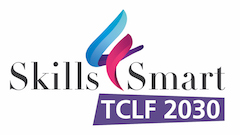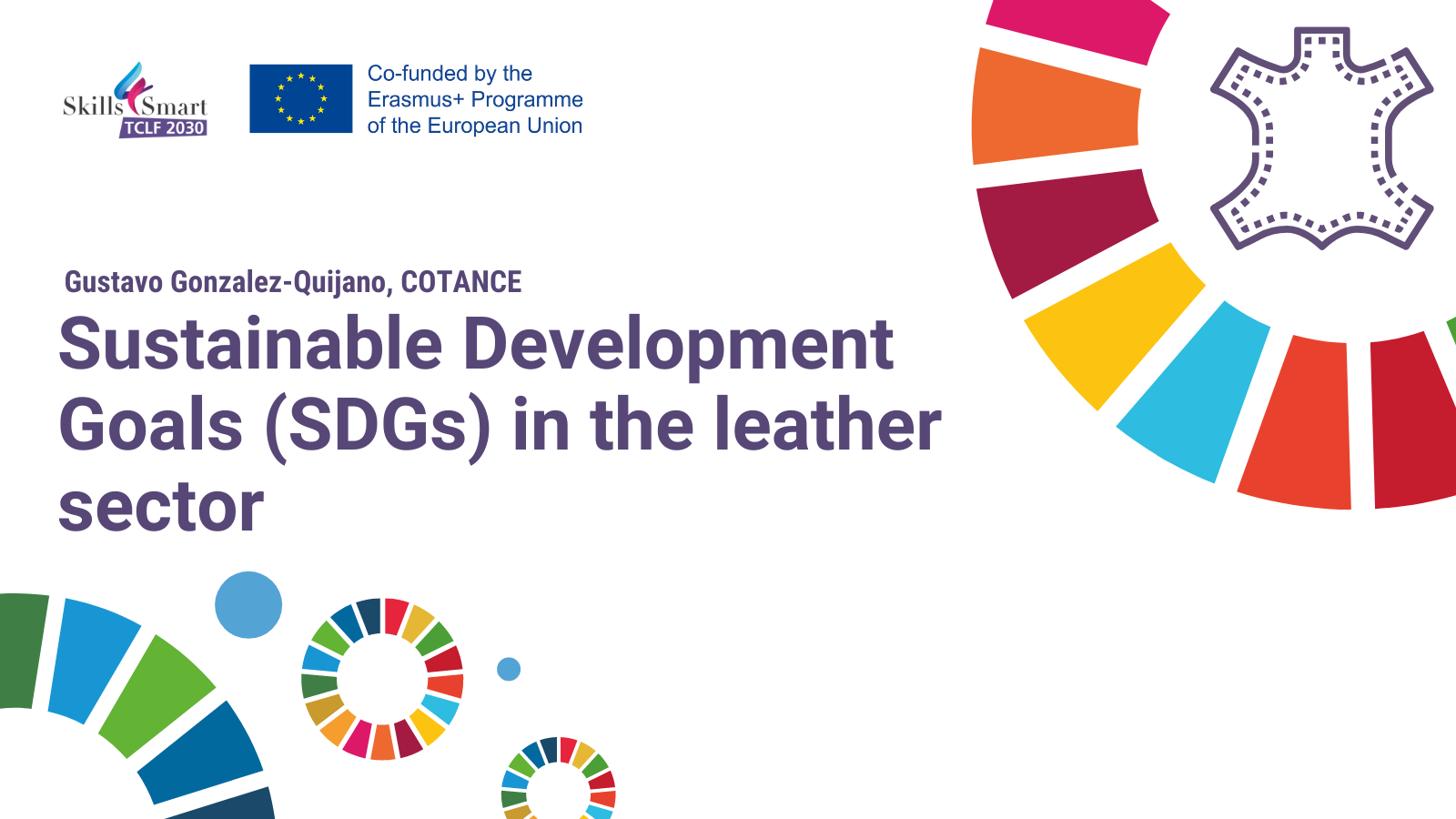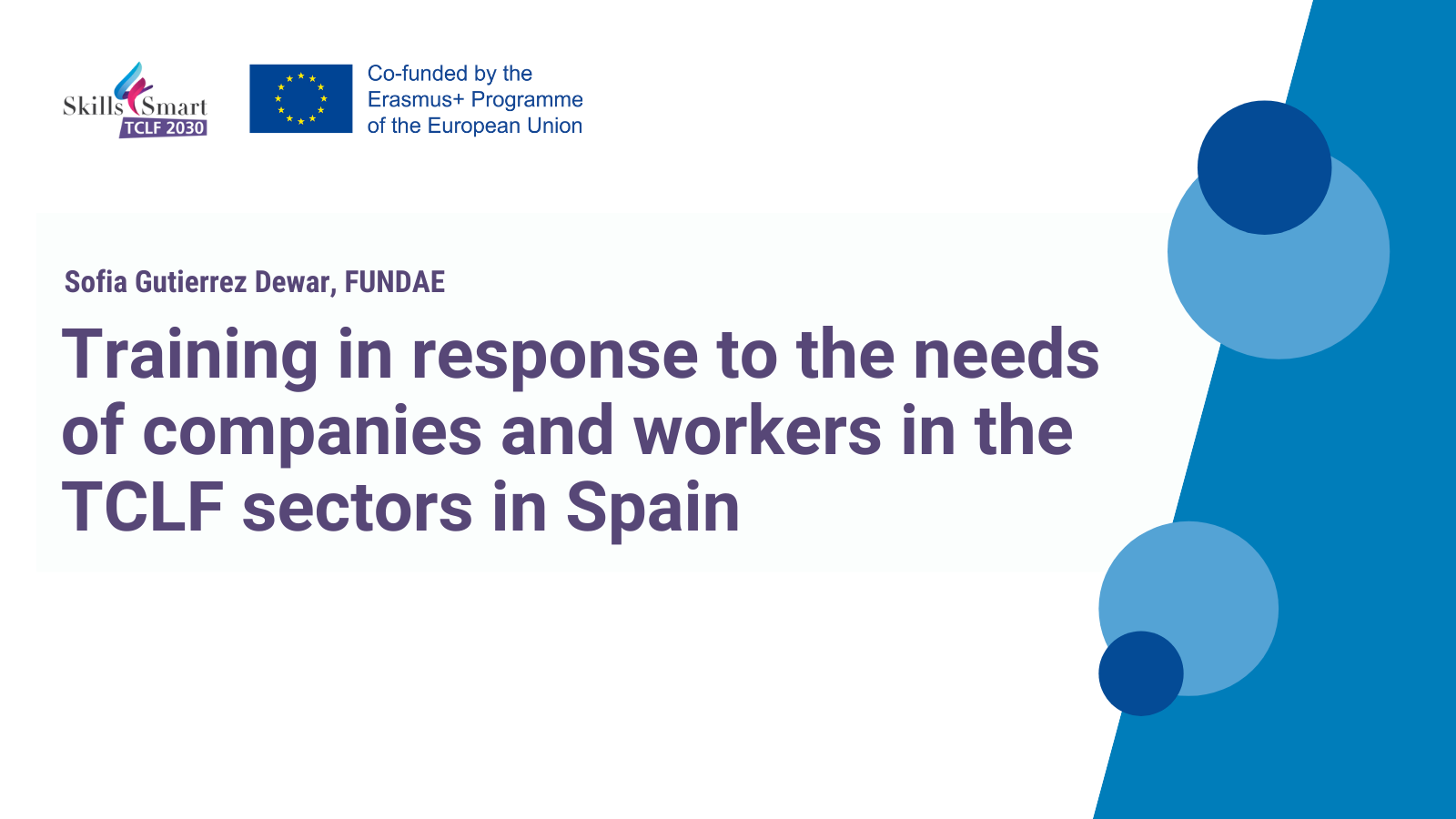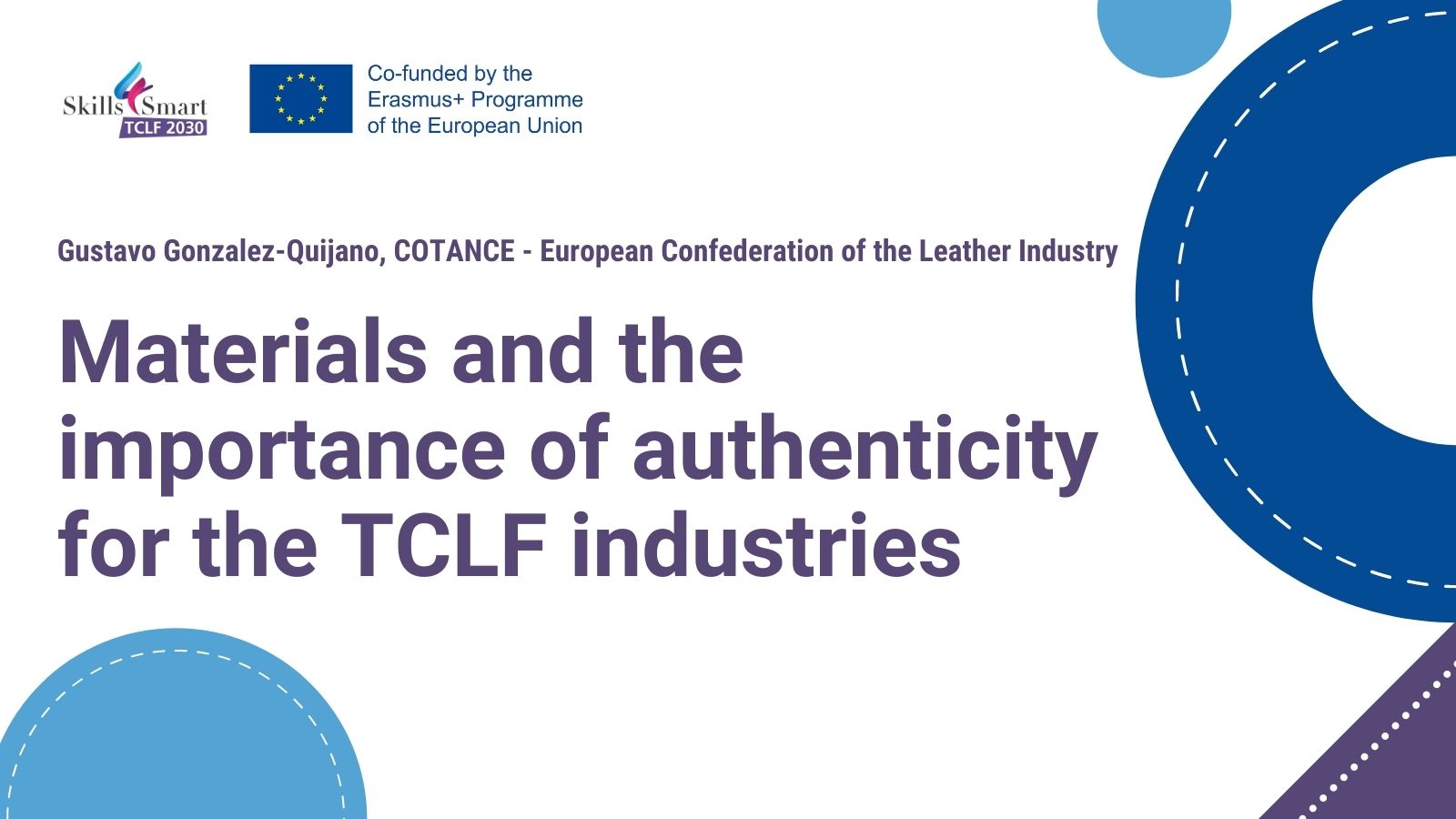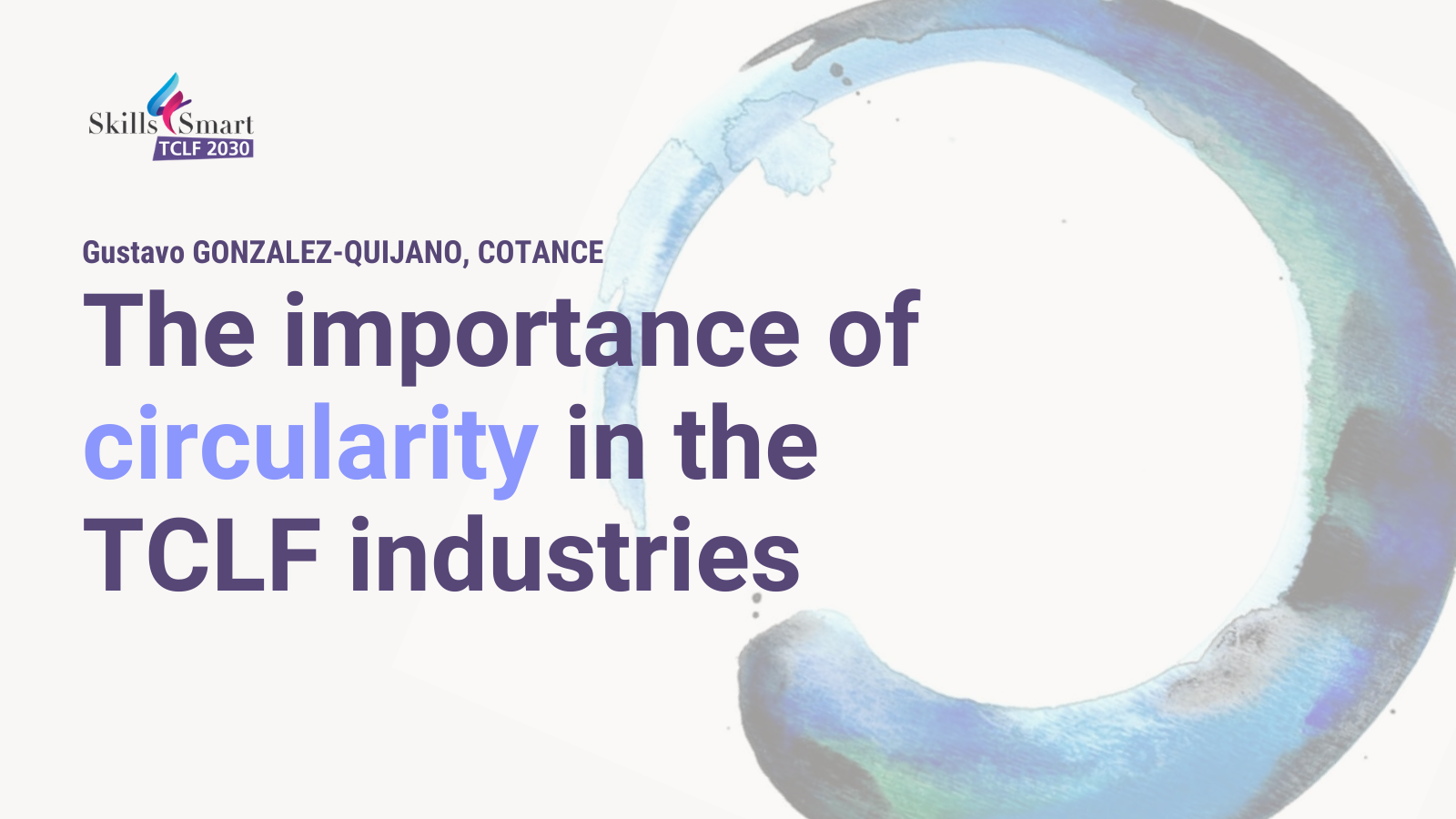Erasmus Mundus Joint Masters for the Leather industry
The LEATECH project coordinated by the Universidad de Lleida (Spain) under the Erasmus programme is a spin-off of the S4TCLF project. For the time being, it is a small project that is meant to coordinate and prepare a number of Higher Educational Institutes (HEI) to qualify in a subsequent submission for a full-fledged Erasmus Mundus project to implement a joint Masters in the leather industry. The current LEATECH project will reinforce the opportunities of three EU HEIs (UdL-Spain, ITECH-France, EGE-Turkey) and one academic institution from a partner country (CIATEC-Mexico) to achieve a successful Erasmus Mundus project application. Developing an innovative Joint [...]
